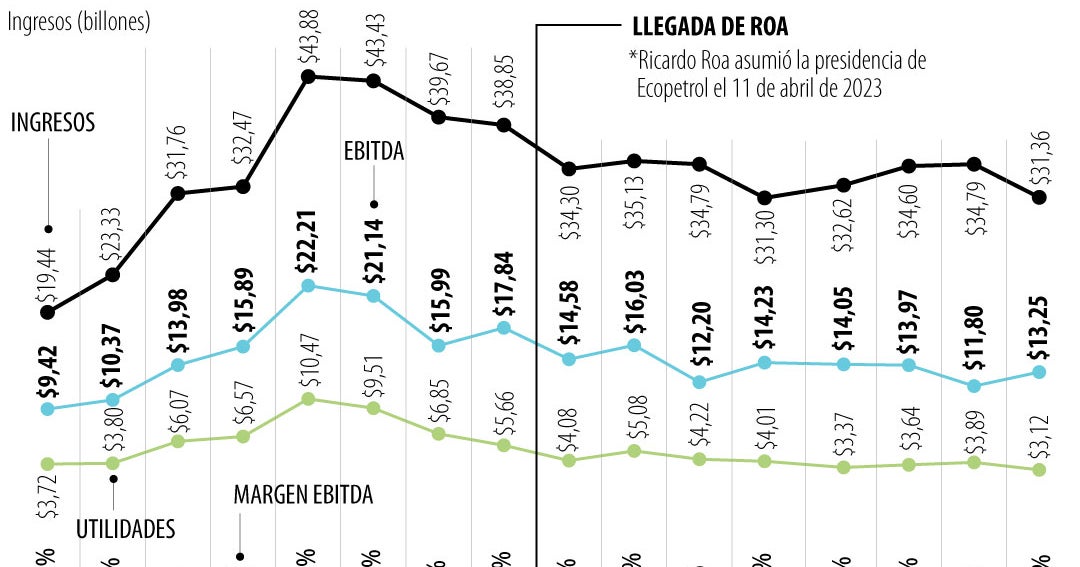The Hidden Cost of Financial Pretenses: Why Honesty About Money Matters

In today's world, it's easy to feel pressured to project an image of financial success. Social media feeds are filled with lavish vacations, new cars, and seemingly effortless wealth. But what happens when we hide our economic vulnerabilities and pretend to be doing better than we actually are? The truth is, financial pretense comes at a significant cost – both to our well-being and our financial health.
The Trap of Comparison and the Illusion of Perfection
The constant comparison game fueled by social media creates a distorted reality. We see highlight reels, not the struggles and sacrifices behind the scenes. This leads to feelings of inadequacy, anxiety, and a relentless pursuit of an unattainable ideal. When we feel the need to keep up with the Joneses, we often make impulsive decisions, overspend, and accumulate debt – all in an attempt to maintain a facade of financial stability.
The Emotional Toll of Financial Secrets
Hiding financial difficulties from friends, family, and even ourselves creates a breeding ground for stress and shame. The burden of keeping secrets can be emotionally exhausting, leading to feelings of isolation and depression. It prevents us from seeking help and support when we need it most. Imagine the relief of simply being able to say, “I’m struggling right now, and I could use some advice.”
Why Vulnerability is a Strength, Not a Weakness
Acknowledging our financial vulnerabilities isn't a sign of failure; it's a sign of courage and self-awareness. It's the first step towards taking control of our finances and making healthier choices. When we're honest about our situation, we can:
- Seek help: Financial advisors, credit counselors, and even trusted friends or family can offer valuable guidance and support.
- Make informed decisions: Honesty allows us to assess our situation clearly and make choices aligned with our actual resources.
- Build stronger relationships: Open communication about money can strengthen relationships and foster trust.
- Develop a more authentic financial plan: A plan based on reality, not on illusions, is far more likely to succeed.
Breaking Free from the Cycle of Pretenses
So, how do we break free from the cycle of financial pretense? Here are a few practical steps:
- Practice self-compassion: Be kind to yourself. Everyone faces financial challenges at some point.
- Limit social media consumption: Be mindful of the impact social media has on your financial mindset.
- Focus on your own journey: Don't compare yourself to others. Focus on your own progress and goals.
- Be honest with yourself and others: Openly communicate about your financial situation with those you trust.
- Seek professional help: Don’t hesitate to consult a financial advisor or credit counselor.
The Path to Financial Well-being Starts with Honesty
Ultimately, financial well-being isn't about appearing wealthy; it's about living a life aligned with our values and having the resources to pursue our goals. Embracing vulnerability and being honest about our financial situation is a powerful step towards achieving that well-being. It’s a courageous act that can unlock a path to healthier finances, stronger relationships, and a more authentic life. Let’s ditch the pretense and embrace the power of financial honesty.



:quality(85)/assets.iprofesional.com/assets/jpg/2024/11/587909_landscape.jpg)


